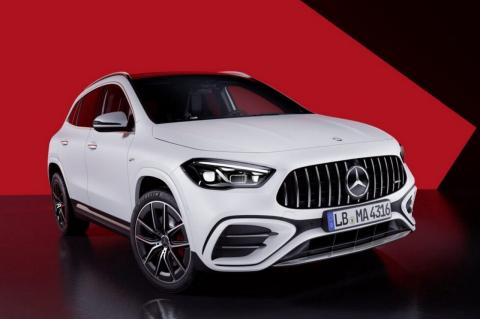The limits imposed for the cessation of the sale of electric cars in Europe were very good for the gallery, but in recent weeks more and more voices are beginning to recognize that alternatives must be sought. Following Germany’s statements in this regard, it is now the European Union that is in favor of the use of HVO.
This is Hydrotreated Vegetable Oil (AVH or HVO in English), a type of alternative fuel, which is based on diesel but is developed from recycled oil that was previously used in kitchens of any type.
In its favor it has that (which is recycled), but also two other key points. On the one hand, it is much cleaner than conventional diesel, since it has no oxygen or sulfur, it is hydrogen that acts as a catalyst, which is why it emits up to 90 times less greenhouse gases than normal diesel.
On the other hand, it can be used in engines designed to run on diesel without having to carry out any modifications to the propellant, so going from one to another does not involve an economic outlay to adapt the block.
In fact, there are even some manufacturers that recommend it for their models, as is the case of Ford in its Transit or Stellantis in its PSA brands (Citroën, DS, Peugeot and Opel) for engines that comply with Euro 5 regulations and Euro 6.
Its use would also provide additional advantages to the engines, since it has a cleaner combustion, which generates less waste and thus extends the useful life of the block; and also the presence of fats of animal origin help to make the cold start better.
Currently there are already several brands that use this type of fuel in their heavy transport, whether by sea or by road (buses and trucks).









